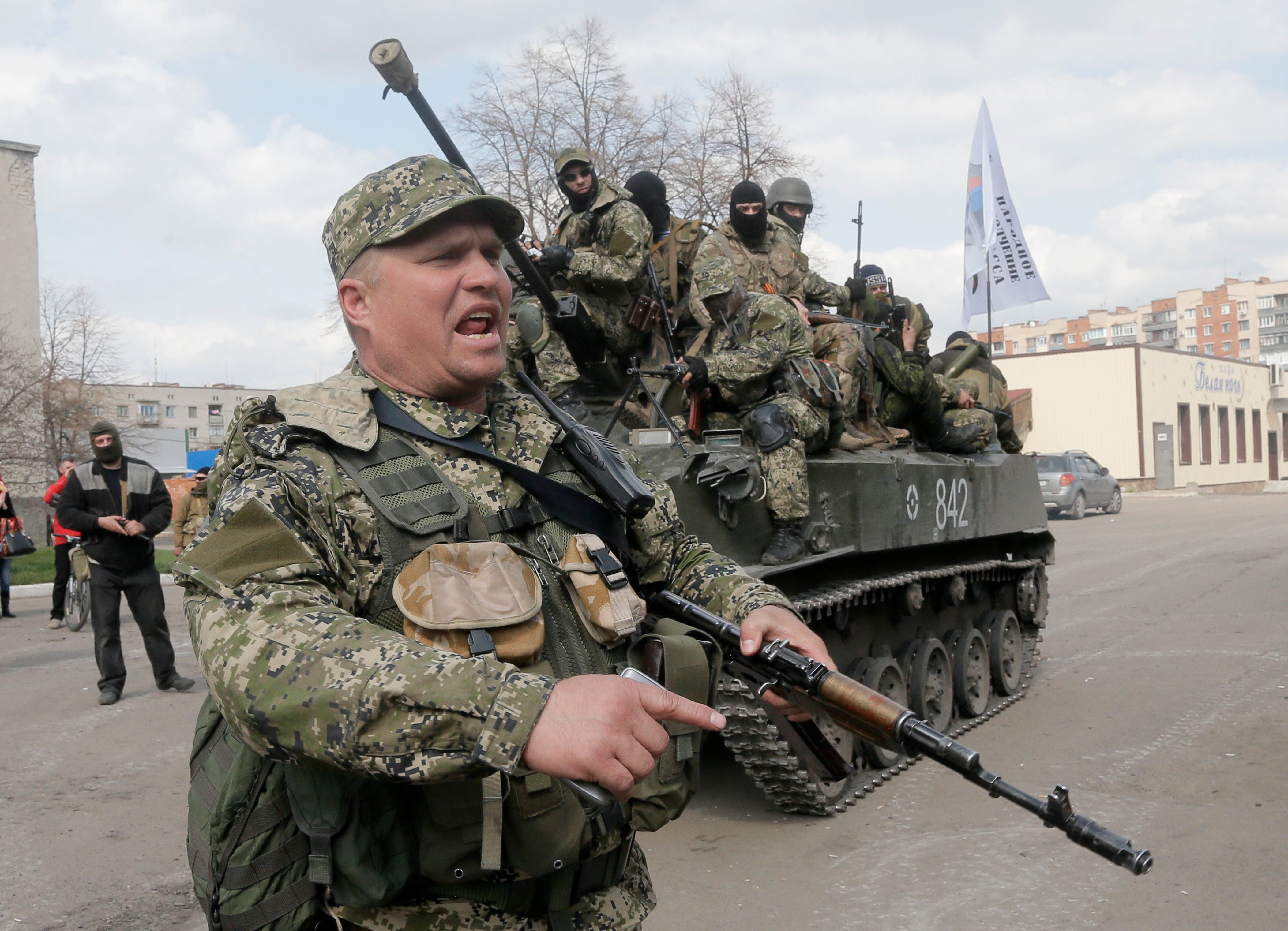Google blocked by separatists in Ukraine because it promotes ‘violence against Russians’
Denis Pushilin, head of the Donetsk People’s Republic says the search engine spreads ‘disinformation’

Moscow-backed separatists in a breakaway region of eastern Ukraine have announced they are blocking access to Google, because it promotes “violence against Russians”.
In a message posted on his Telegram channel, Denis Pushilin, head of the self-proclaimed Donetsk People’s Republic (DPR), also accused the search engine of spreading “disinformation” and said its “handlers from the US government” were to blame.
“If Google stops pursuing its criminal policy and returns to the mainstream of law, morality and common sense, there will be no obstacles to its work,” he said.
He did not provide evidence to support his assertions. Google did not immediately respond to a request for comment.
Even before the February invasion of Ukraine in February, Moscow has long accused Western companies of spreading anti-Russian propaganda and taking a one-sided stance on the conflict.
Russia banned Facebook and Instagram in March after a court found Facebook-owner Meta guilty of “extremist activity”. Moscow had already curbed access to Facebook for restricting Russian media outlets’ access to the platform.
The DPR and separate Luhansk People’s Republic (LPR) followed suit in blocking Facebook and Instagram, aligning themselves with Russia’s policy on the U.S.-based social networks.
(With agencies)
Join our commenting forum
Join thought-provoking conversations, follow other Independent readers and see their replies
Comments